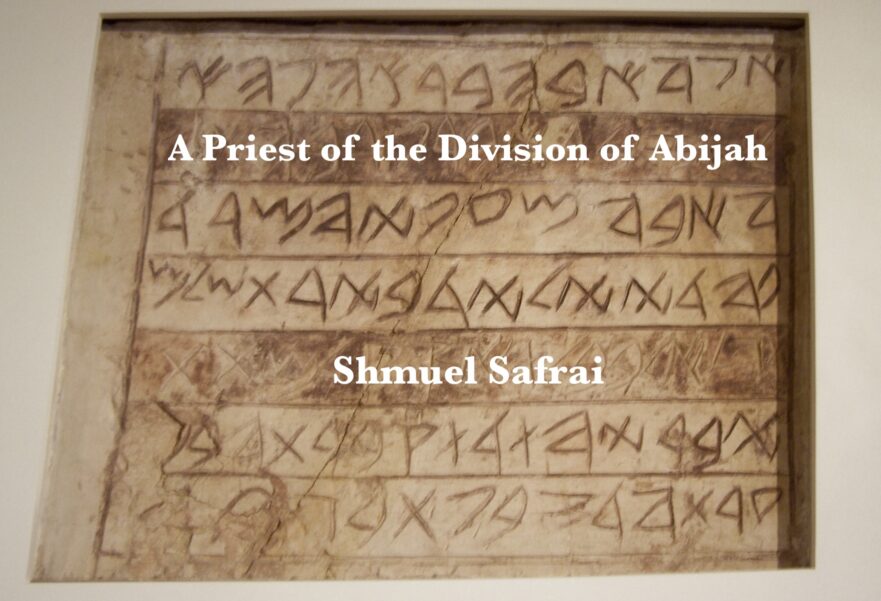This year the festival of Sukkot, or Tabernacles, takes place on October 9—16. JERUSALEM PERSPECTIVE has asked the famous biblical landscape reserve, Neot Kedumim, to provide our readers with some of the reserve’s wonderful insights into this festival, and Neot Kedumim staff member Beth Uval has contributed the following.
Jesus’ Devout Jewish Parents and Their Child Prodigy
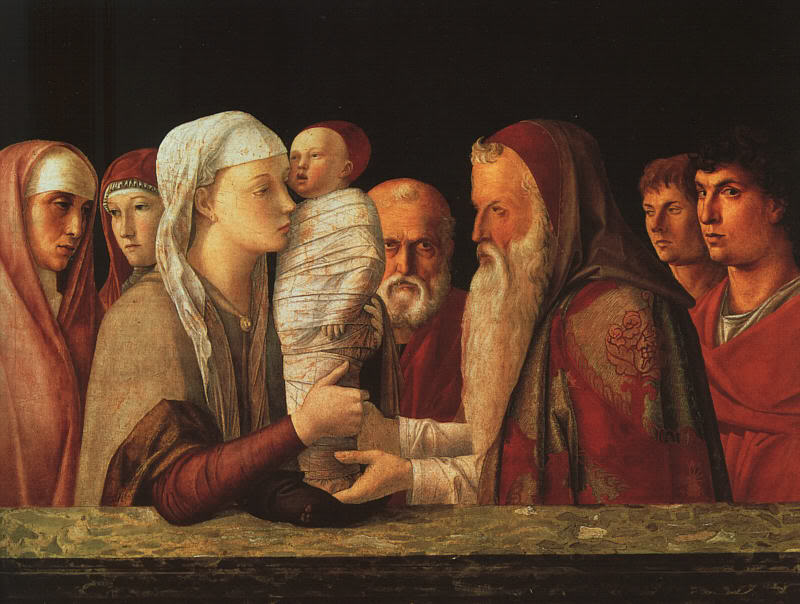
In the infancy narrative found in chapters one and two of Luke’s gospel, Luke has provided excellent character references for Mary, Joseph and Jesus. Jesus’ mother and father show piety far beyond the usual, and the young Jesus is eager to be in the temple studying Torah with the teachers of Israel.
The Place of Women in First-century Synagogues
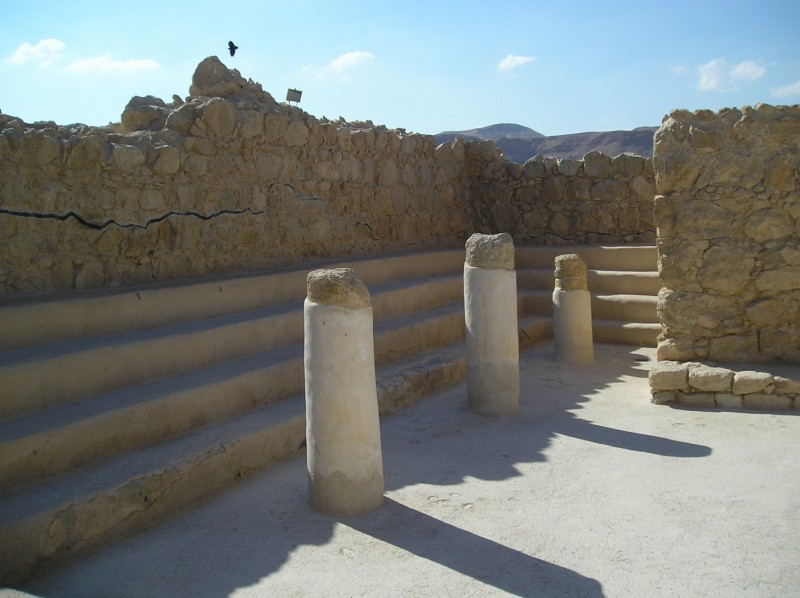
Today, public worship can take place in a synagogue only if at least ten adult Jewish males are present. Women do not qualify as part of this quorum. Furthermore, women are separated from men within the synagogue: women worship in an ezrat nashim, a balcony, or section with a divider, located beside or behind the men’s section. Things were considerably different in Jesus’ day.
Counting the Omer: On What Day of the Week Did Jesus Celebrate Shavuot (Pentecost)?

The date of Shavuot was the focus of one of the fiercest of many debates between the Pharisees and Sadducees.
What Is the Priest Doing? Common Sense and Culture
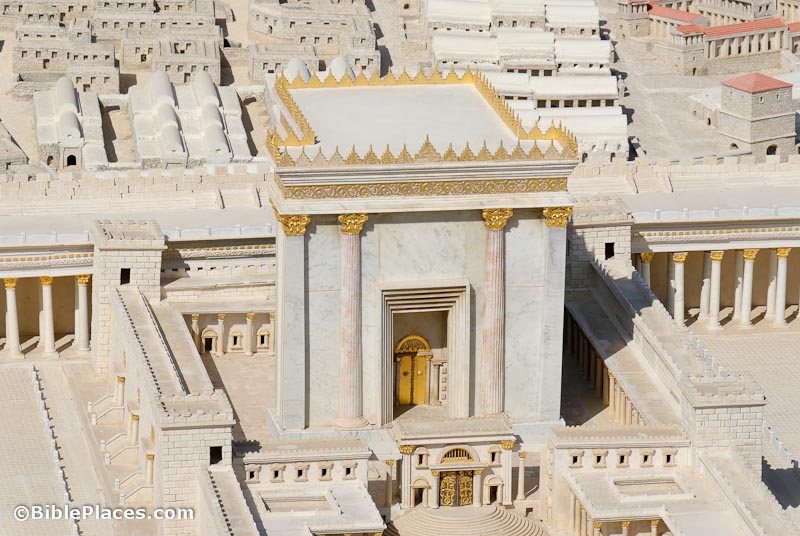
Common sense is connected to cultural expectations. What is understandable in one culture may be opaque in another.
Which Day Is the True Sabbath: Saturday or Sunday?

We must be careful to maintain a distinction between a day of meeting and a day of rest.
Sabbath Breakers?
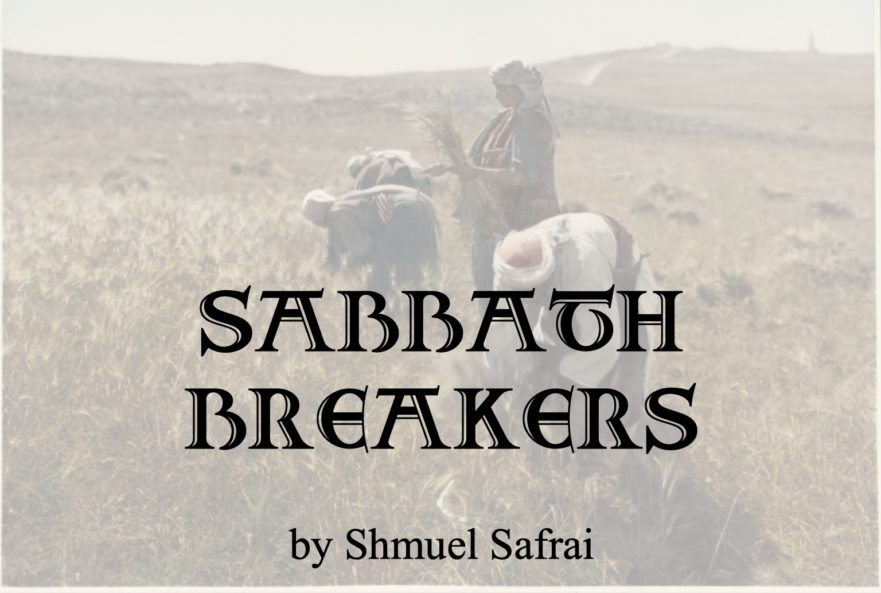
Jesus’ observance of the commandments has been a topic of vigorous scholarly debate. However, when the Synoptic Gospels are carefully examined, one sees that Jesus never violated written or oral Torahs. But did his disciples?
Synagogue and Sabbath
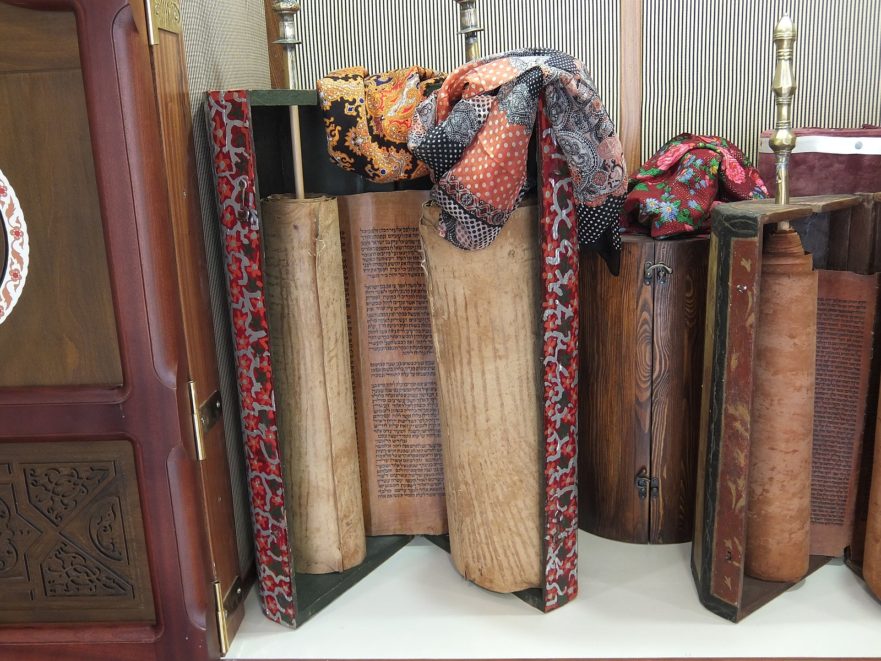
The detailed description of Jesus’ visit to the Nazareth synagogue found in Luke 4:16-21 provides substantial information about synagogue life and customs in the early first century C.E. An examination of this passage will help us understand Jesus more clearly and accurately. This account in Luke’s Gospel agrees with other contemporary and especially rabbinic sources. Together they provide a complete picture of the synagogue in that period.
Pilgrimage in the Time of Jesus
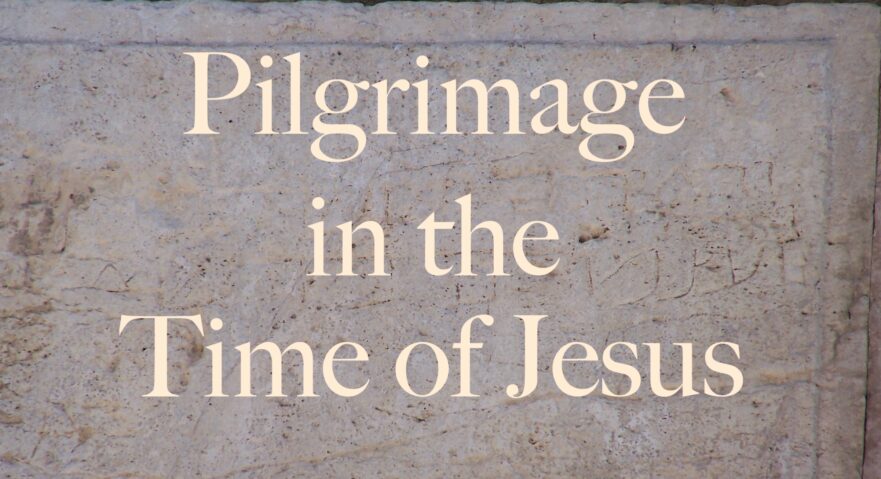
During the Second Temple period pilgrimage was associated with the festivals of Passover, Shavuot and Sukkot.
- Page 2 of 2
- 1
- 2


